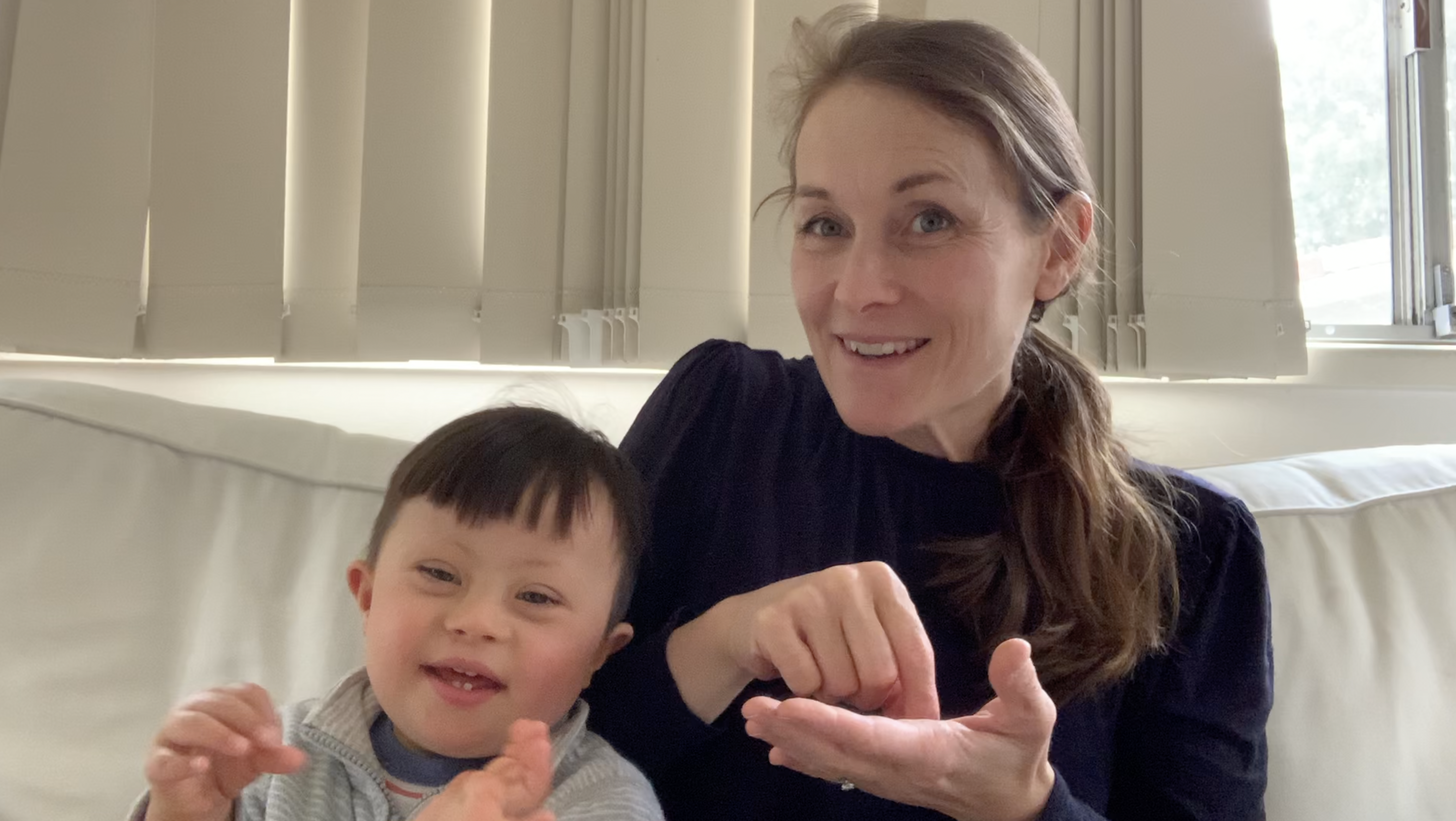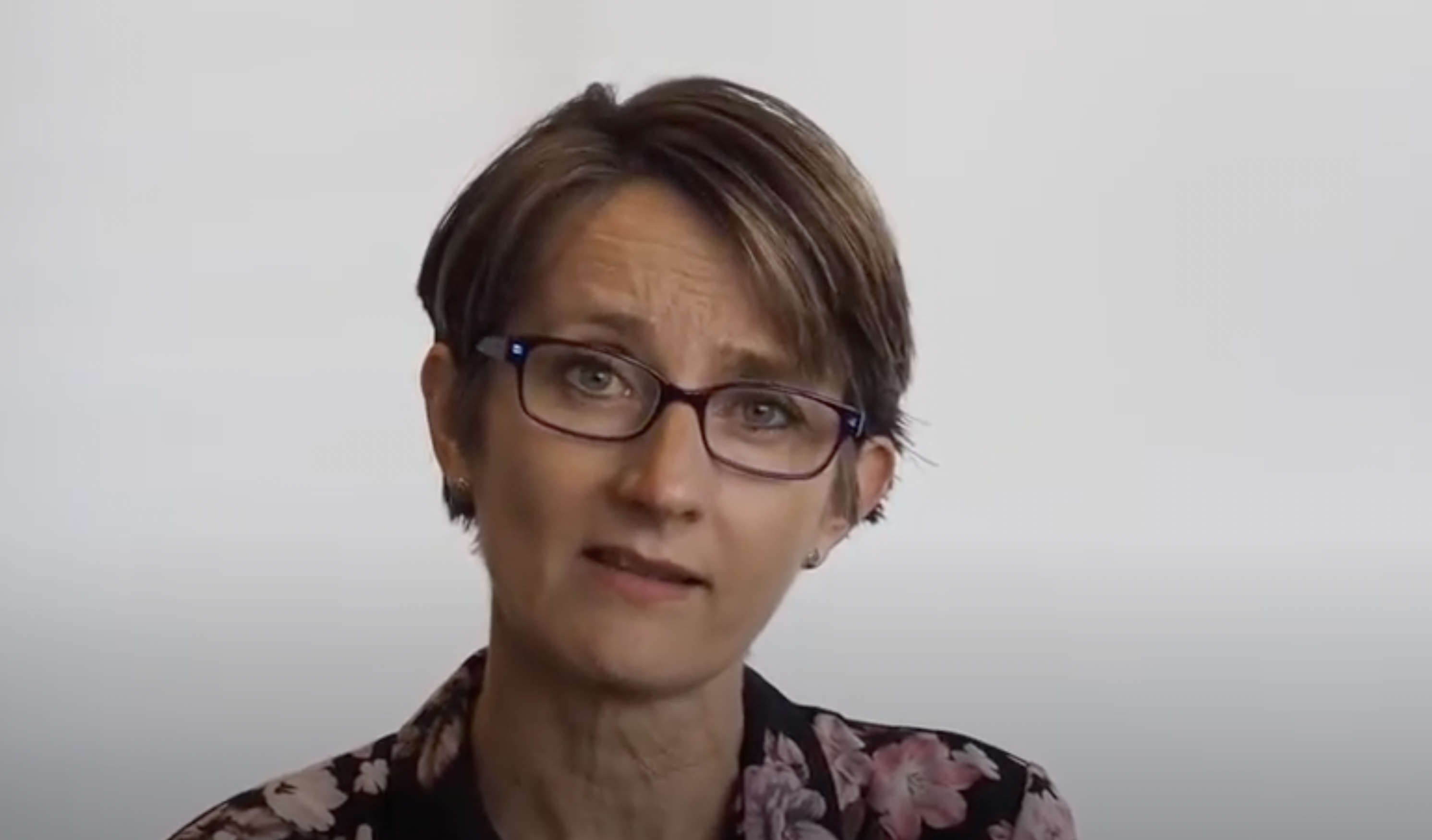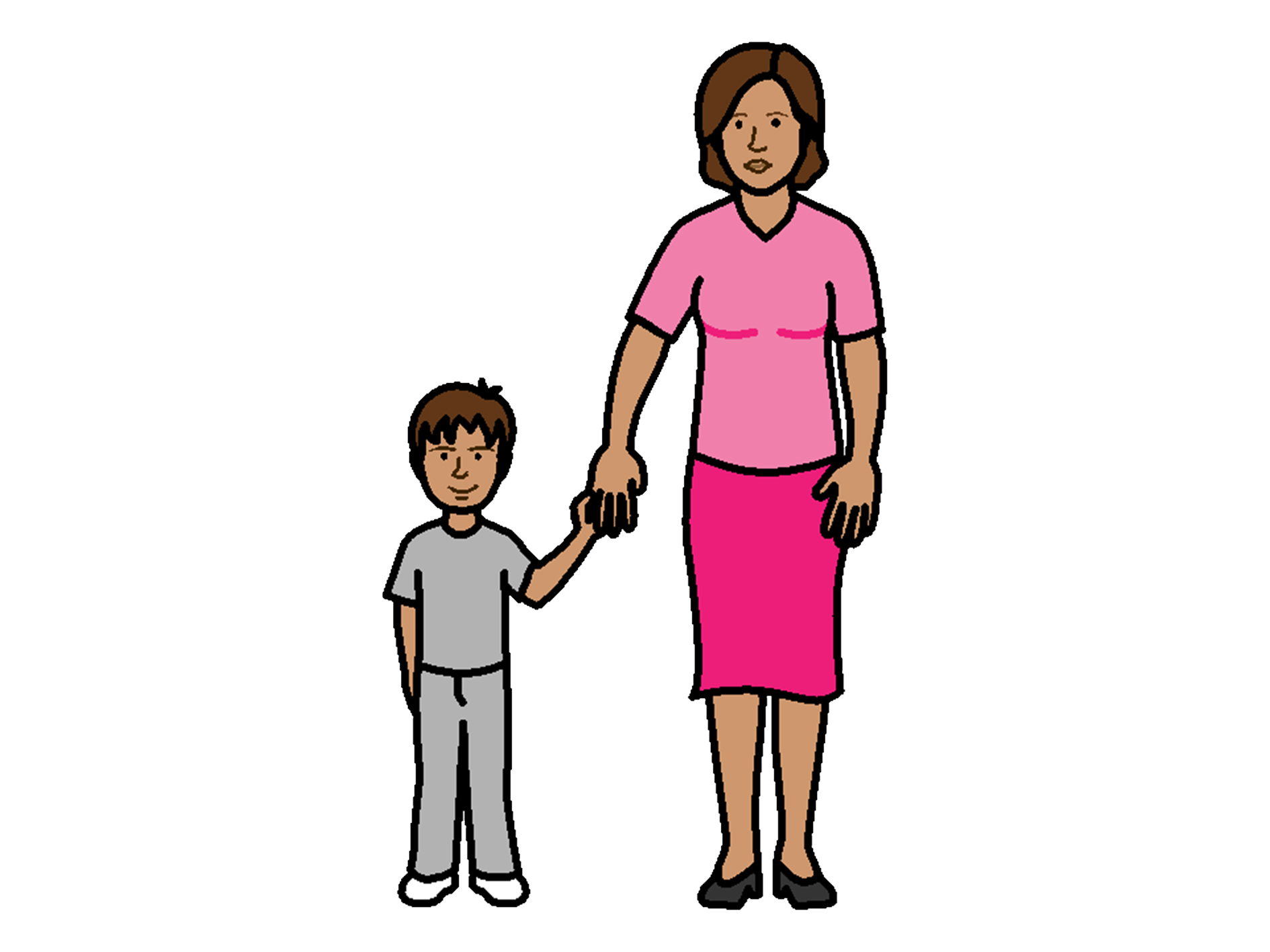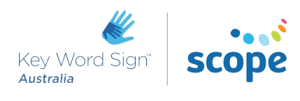Key Word Sign (KWS) can benefit anyone, of any age, who experiences a communication difficulty.
KWS is not the best option for people who only have a hearing impairment or who are Deaf. However, KWS may be the best option for someone if they have other communication difficulties, even if they are deaf or have a hearing impairment as well.
Communication Partners
Whatever the age of the person who can benefit from KWS, the most important person learning and using KWS is the communication partner.
It is vital that friends and family members learn to use KWS, to provide an accurate model of signs and to help these children and adults expand their sign vocabulary. Teachers, aides and other support workers in schools and adult services need to use KWS to model signs and to create a signing environment.
And throughout life, people who continue to use KWS need those they interact, learn and play with to know KWS, so they can be understood when they use it and so they can learn more signs that will help them communicate about a broader range of topics.








